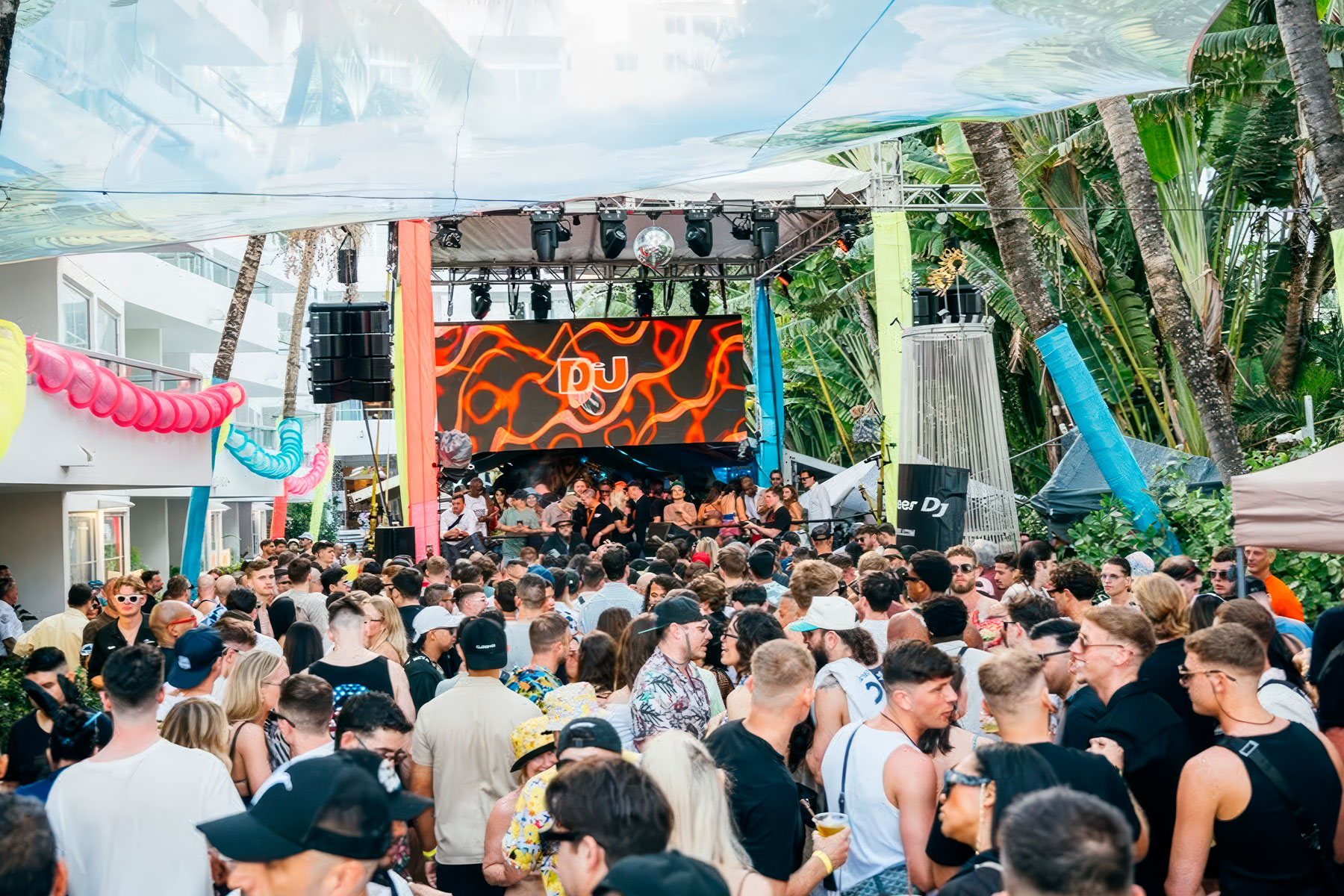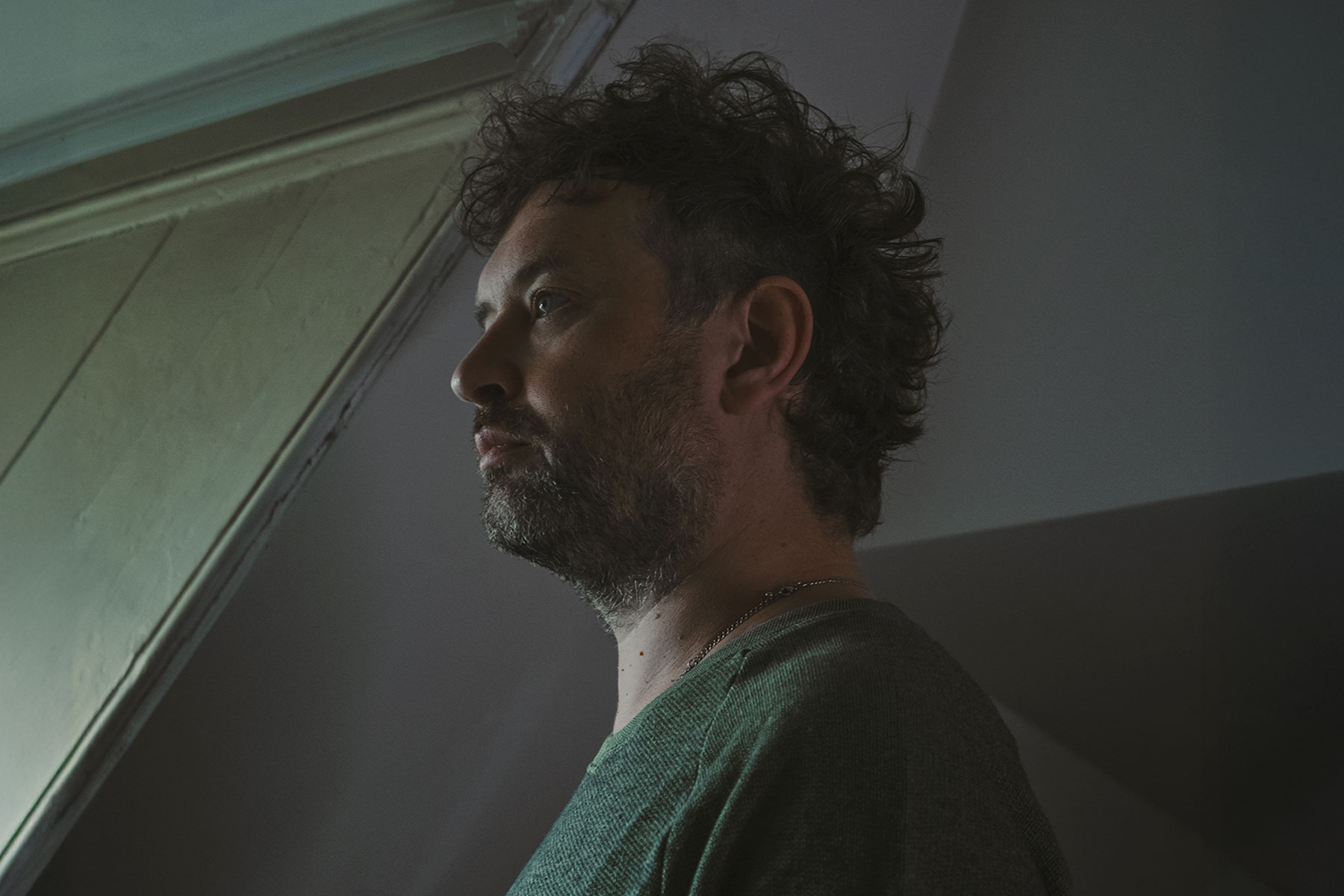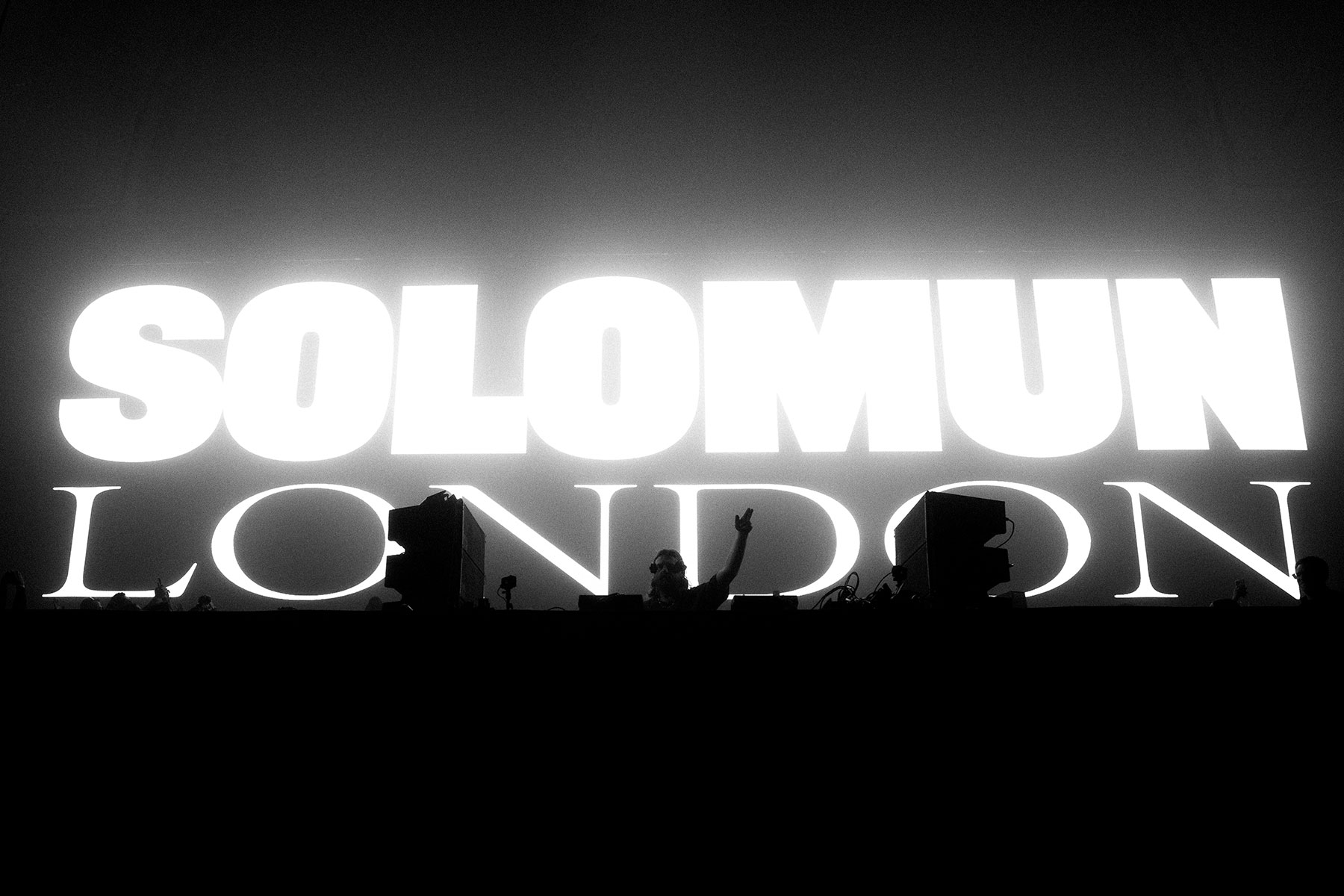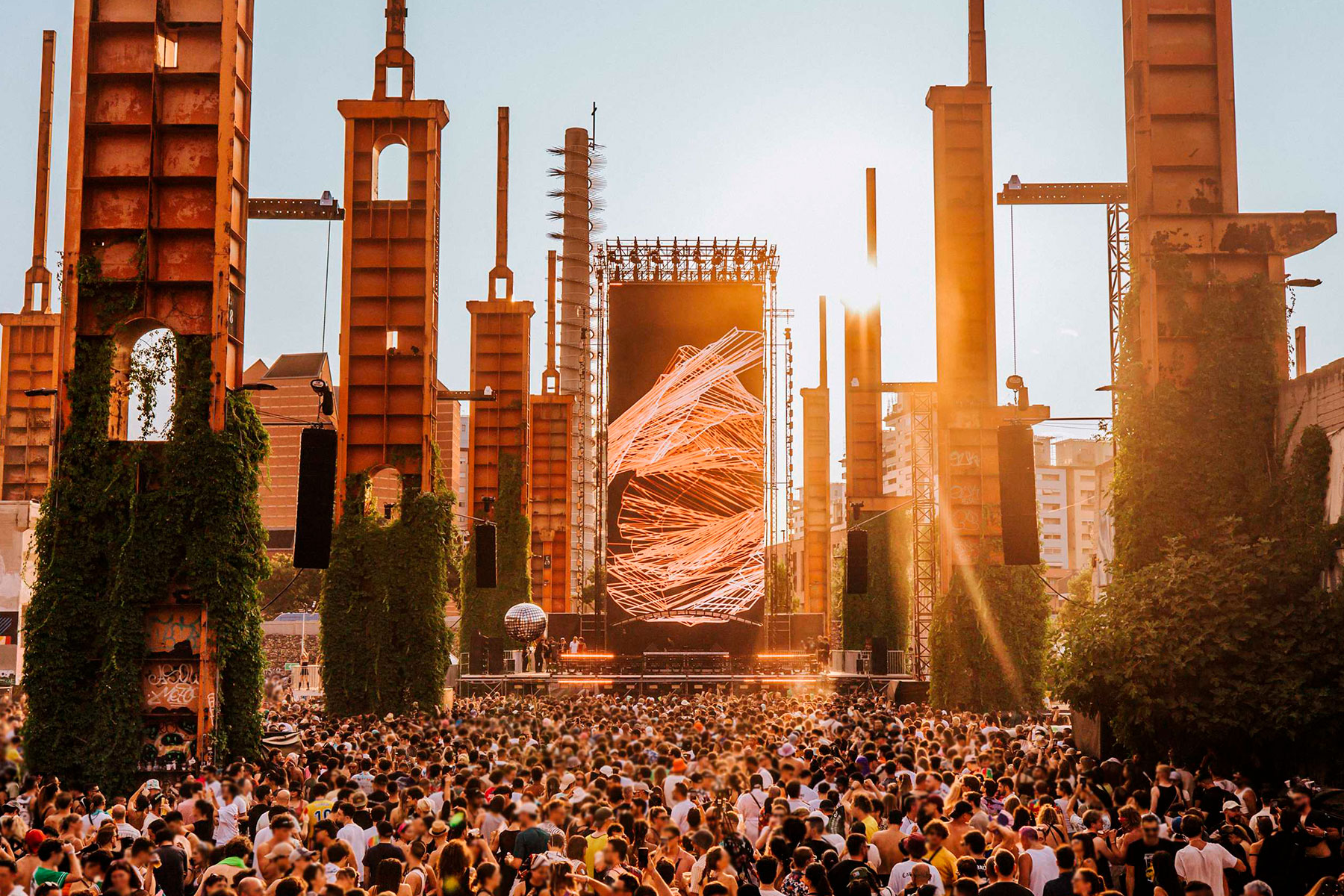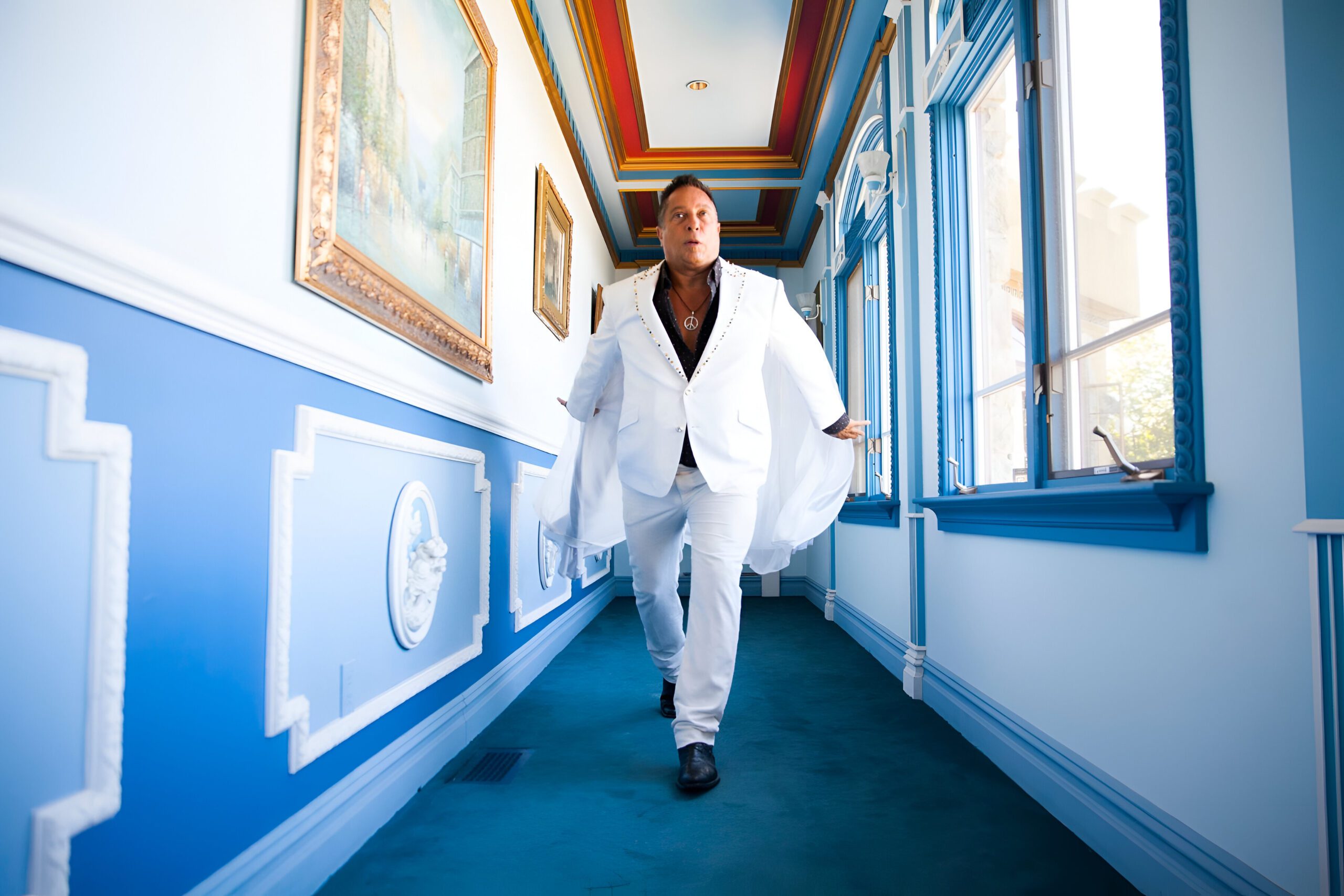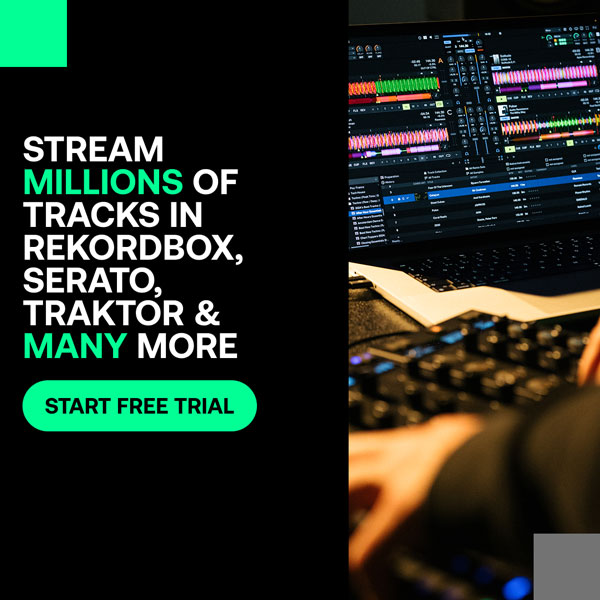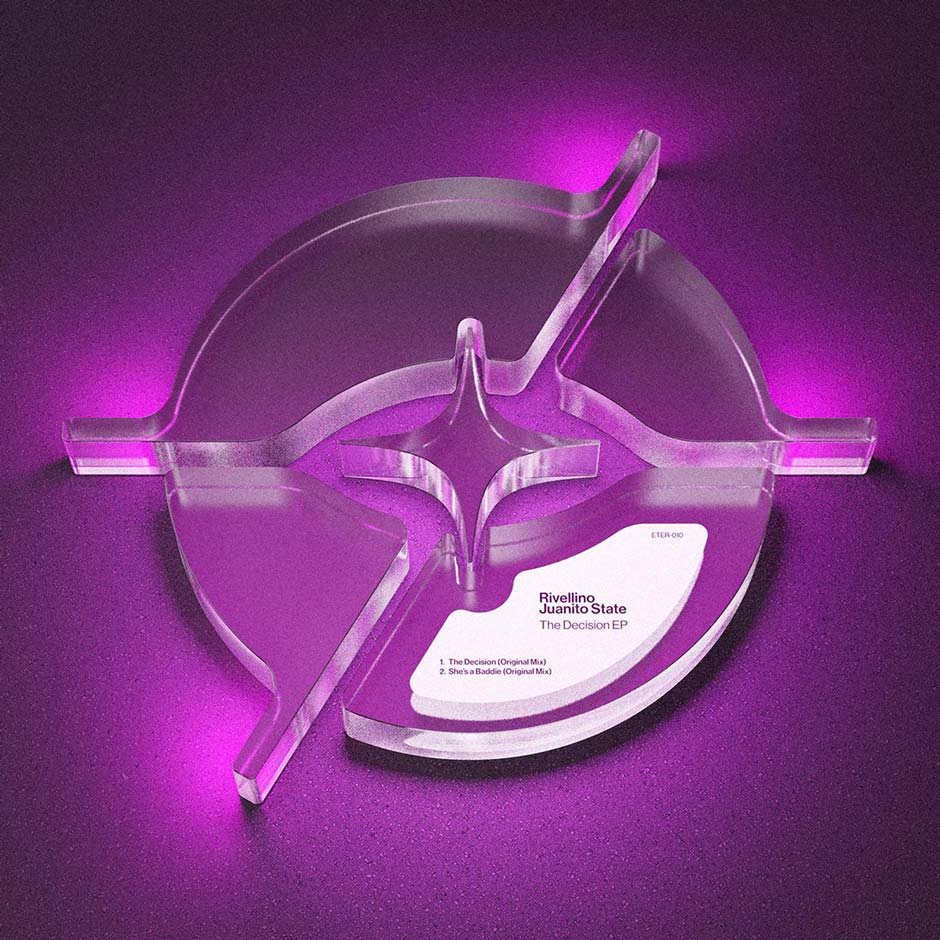Nowdays dance music seems to be a crossing of multiple genres connected by the energy, style, and enthusiasm of the artist. Atish has perfected this art by creating sublime sets charged with physical emotion that wrap the crowd in a ever changing experience. After a few years of worldwide touring, he is testing new waters with a new label Manjumasi. We sat down to ask him a few questions…
Electronic Groove: Hello Atish, thanks for taking the time to chat with us. To get things started can you tell us about how you got involved in dance music and the interest in becoming a house dj?
Atish: I was casually interested electronic music in high school, listening to the big names at the time (Orbital, Chemical Brothers, Aphex Twin, etc) and I was even producing some tunes with drum machine and synth software (anyone remember Hammerhead?). My interest in “the underground” really started to develop when I moved to San Francisco 8 years ago and started exploring the thriving scene. I was already collecting records at the time, and due to circumstances of being in the right place at the right time, I acquired a really nice collection of records from a vinyl enthusiast. The owner of the collection threw in his Technics 1200 turntables as part of the package so I decided I might as well learn how to mix these records together. I was much more social back in my yesteryear so I would have friends over at my apartment all the time, and I’d play records for them as background music. That lead to my first couple bookings, then I started publishing monthly mixes just for fun, and things kind of spiraled out of control from there. I never really had any intention of being a DJ, but I just went along for the ride and somehow ended up in this position.
EG: We know there’s some rock ‘n’ roll in your veins. Does this style have any influence in the way you approach djing?
A: I had played both drums and bass guitar in bands for a few years, so it’s possible that my comfort with a groove may have helped a little. But I think the real influence from my rock n’ roll days is more from the performance aspect rather than the artistic aspect. I tend to be animated DJ on stage, which isn’t so far removed from my animated stage presence as a bassist or drummer. I don’t think I could ever do well in a shoegaze band (despite loving the music!)
EG: Looks like you’re quite happy with your transition from facebook programmer to Dj. What’s your advice for those who are pursuing a DJ career?
A: I just had a conversation with a highly accomplished veteran DJ friend of mine at a festival last weekend, and he told me that if he was me, he would go back to writing software. So the advice from a veteran is…don’t do it!
I’ve only been full-time DJ for about a year, so take what I have to say with a grain of salt. My advice is mostly around one thing that’s weird to talk about publicly, but important: money. Before going full-time, save up as much money as you can before making the jump. After flights, booking fees, taxi costs, and other expenses, you might be surprised how little money you’re actually taking home. I’ve seen DJing lose its luster with others because if you’re tight on money, you start taking mediocre/bad gigs because you have to make ends meet – not because you want to play the show. It can start to feel like work, and this is much more common in the scene than you might realize. Furthermore, when you need money, you might start compromising your artistic integrity or get frustrated that things aren’t going your way fast enough. Do what you can to mitigate finding yourself in this position.
Beyond saving money before making the jump, make sure you know how to manage your money when you do. Keep a spreadsheet of everything that comes in and subtract all those expenses I mentioned so you’re on top of your situation. It’s easy to skip out on doing this stuff if you’re making decent money at a “real job,” but now every bit matters when things are running a bit thin. Also before you make the jump, project your earnings based on your current gig schedule, and see if you think you’re going to be able to cover your costs without dipping into those savings. If you can’t cover your costs, then wait until you can. This is the unsexiest interview answer I’ve ever given, but this stuff really matters if you want to focus on your art.
Beyond that, be ready to detach from your existing social life. On one hand, you’re constantly meeting new people, going to parties, and being the center of attention, but your “real friends” at home – the ones with you have built deeper long-lasting friendships, will slowly start to fade unless you work extra hard at them. I now have to block off weekends with my booking agent every now and then to make sure I get quality time at home to just hang out.
EG: You keep a pretty good communication with your fans/listeners, something you don’t get to see with most artists. What importance do you see in this relationship with those who follow your music career?
A: I think we are lucky to witness the dawn of such a fascinating digital era. Before Facebook, Instagram, Twitter, and e-mail, artists had never been able to connect so intimately with their audience. When I was growing up, the only artistic context I had around my favorite bands was what I read in magazines and saw on MTV, which hardly left any room for me to connect with the smaller artists who never got the huge press.
I fundamentally believe that art is only as relevant as the context in which it’s presented. How did the artist feel when he created X? What was the inspiration behind Y? What does this artist value, and why? What are his/her insecurities?
One may argue that the art should speak for itself, and I completely respect that point of view. Sometimes the mystery or ambiguity of a piece of work can enhance its effect. But I know that personally, I love a piece of work more when I feel connected to the artist, and over the years, I’ve observed that many other people feel this way too. So I try to authentically reveal as much of myself as I comfortably can to my audience. Note that I use the word “authentically” – I think when artists try to project something they’re not, people eventually pick up on that and get turned off.
EG: We’ve heard some news about “a record label” coming out this May. What do you know about this?
A: Yes, I’m extremely excited about this! My best friend of 16 years and frequent co-collaborator Mark Slee and I are launching our first record in May for our label called Manjumasi.
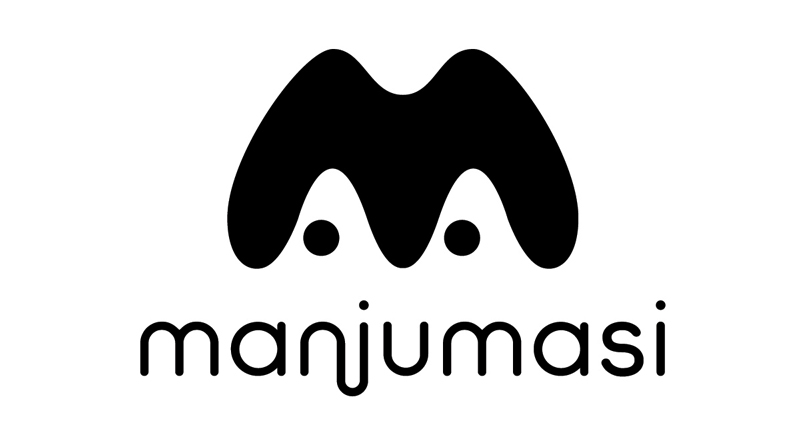
EG: Where did the idea to create Manjumasi come from?
A: DJs are fundamentally curators, so starting my own label is just curation at a higher level of abstraction. I’ve had an itch to start my own label for a couple years now, but needed to wait until the time was right. Mark Slee had sent me a couple tracks he had worked on (“Nocturne Belle” and “Nacht Zwei”), and we had shopped them out to a few labels we respected. Slee wasn’t getting any bites, but we both really believed in them – we felt there was something in this record that everyone else wasn’t seeing. So this was our chance – I said to Slee “We should release these tunes ourselves” and that’s how the label Manjumasi was born. We also pulled in Naveen G to help us behind the scenes with A&R. Slee and I both have a deep respect for Naveen’s taste, and no one I know digs harder for records than he does, so we’re super lucky to have him involved in the process.
The name “Manjumasi” literally translates to “Aunt Manju” in Hindi, and I have a Manju Masi in real life who lives in India. We named the label after her. A few years ago, when Mark and I were traveling to India for a friend’s wedding, Manju Masi organized a really nice sightseeing tour for us to see the country. Slee found himself repeatedly saying “Manju Masi, Manju Masi!” out loud since it had a nice fun bouncy ring to it, so we named our DJ duo Manjumasi…The next logical step was to call our label that as well. The real-life Manju Masi is incredibly confused by the whole thing, especially when she sees her name on flyers on Facebook.
EG: What should we expect from Manjumasi’s first release? And remixes?
A: The first release will feature the two deep, quirky Mark Slee originals I mentioned earlier, as well as a hypnotic remix from Patlac. But the highlight of the package is an epic Tim Green bomb. I’m not just saying this to hype the record, but every time I play the Tim Green remix, the dance floor goes wild. I really can’t wait to get this thing out there, though admittedly, it’s also going to be hard for me to let go of our little secret. Is it possible to start a record label that never releases any music?
EG: You’ve done some intense touring in the past year. What’s the experience been so far and if you can share any story from it?
A: I might still be in my honeymoon phase, but I love it. I love traveling, meeting new people, learning about local cultures, and eating really good food (especially in the Middle East!). As humans, we have our share of cultural differences and value systems which often lead to conflict, and I’ve certainly had my worldview challenged a few times (which is a good thing). But based on my experiences, I’ve observed that fundamentally we are all the same at our core – we all have goodness within us.
EG: What artists have you heard lately that we should be paying attention too?
A: I’m totally being a label manager over here, but I’m pretty gaga over Brian Cid right now. He has some killer broad, emotional, ethereal music that I’ve been playing almost every gig over the last year. His Hidden EP will be the 2nd release on our label, which we’re really lucky to have gotten. Also Gil Montiel from Mexico is a name to pay attention to (who Slee and I really want to release) as well as a new name from San Francisco that we want to break called Fentz.
EG: We’ve featured a few excellent episodes with you over the years. Now that you have agreed for an EG After session, can you tell us on the approach you will take on this one?
A: For most of my mixes, I try to pack a lot in one hour. I try to take the listener on a journey of varying sounds, feelings, and intensities. But for an afterhours mix, I think going to do something different and just focus on one thing: the groove. Let’s see if I can keep things focused without letting my ear wander too far.
EG: Thanks again for your time and all the good music!
A: Anytime! Remember to check my latest chart




